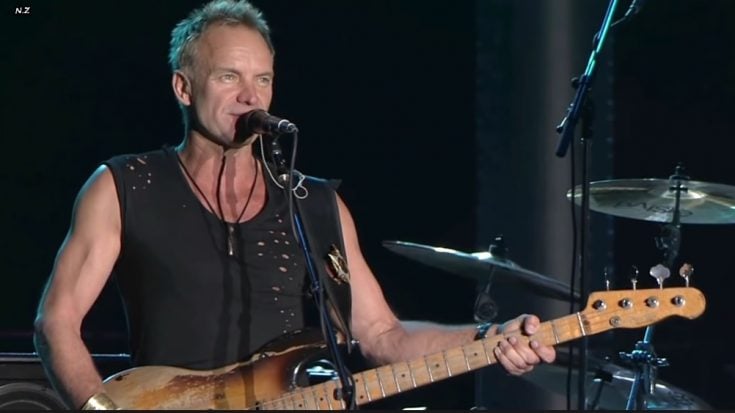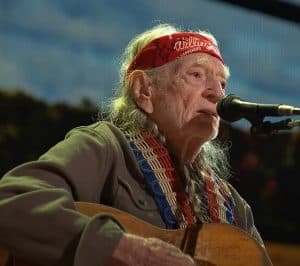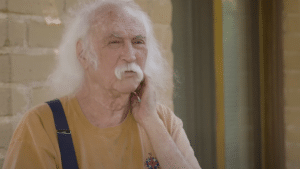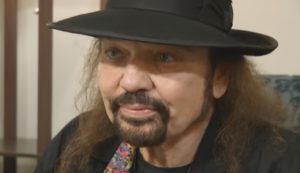Sting’s Former Bandmates Opens Up About Their Relationship With Him

via NEA ZIXNH / YouTube
In the summer of 1983, the Police, consisting of Sting, Andy Summers, and Stewart Copeland, were on a world tour supporting their successful album “Synchronicity.” However, after seven years together, tensions were high. Sting expressed a desire to end the band on a high note, which devastated Summers despite his theoretical agreement. The band’s dynamics had shifted from a democracy to a dictatorship, with Sting being described as controlling. Copeland described his experience in the band as “hell on earth,” largely due to Sting’s behavior, which even led him to contemplate violence during moments of frustration, such as when Sting would micromanage details like the hi-hat.
Henry Padovani
View this post on Instagram
In 1977, American expat Stewart Copeland and French guitarist Henry Padovani formed the Police in London during the punk scene’s rise. They were later joined by Sting, who came from Newcastle with a jazz background. Sting initially struggled to adapt to the punk style, feeling he had to abandon his musical training to fit in. However, he gave it a try, showing his willingness to explore new avenues.
“He was confused – he felt that he had to forget all he had learned musically and instead scream, jump around and play fast,” Padovani shared this insight with Guitar World in December 2023. “But he gave it a try because Sting is a guy who always keeps his options open. And in that moment, he had nothing else.”
Andy Summers
View this post on Instagram
When Andy Summers, the band’s member with the most real-world music experience, joined the Police, he brought a fresh sound that intrigued Sting. Summers noted on “The Jeremy White Show” podcast that Sting, with his background in jazz-rock, had a natural affinity for the new direction. Despite their diverse personalities, Summers described Sting as the calmest and most introverted of the group during the band’s seven-year tenure, which included numerous accolades and hits. However, after the band split, Summers claimed that Sting became more controlling. In one instance, Sting refused to play on Summers’ song “Behind My Camel” from their album “Zenyatta Mondatta” and subsequently withheld the tapes from Summers after the guitarist recorded all parts himself.
“Well, we’re all very disparate personalities,” Summers shared this perspective with The Whig-Standard in September 1982. “Actually, I am the most fiery of the three of us. Sting is the coolest — he’s the most introverted.”
Andy Summers After The Breakup
In the four decades since the Police disbanded, Andy Summers has mellowed in his feelings towards Sting, recognizing their shared bond and praising Sting’s talent and musicianship in a 2015 interview with the Associated Press.
“I really believe that at the end of the day, there’s great love and brotherhood between us because we all experienced something quite incredible,” Summers shared with the Associated Press in 2015 He called Sting “a very gifted artist and a great musician” and said he “only” has “great respect for him.”
However, tensions persist between them over songwriting credits for “Every Breath You Take.” Summers hinted at potential legal action against Sting in October 2023, suggesting that the matter remains unsettled.
“Watch the press. Let’s see what happens in the next year,” he said.
He recounted how Sting initially handed over the song to him, giving Summers the opportunity to create the memorable guitar riff that contributed to the song’s immense success.
Stewart Copeland
View this post on Instagram
Similar to Andy Summers, Stewart Copeland was diplomatic while the band was still intact. In a September 1982 interview with the AP, he emphasized that all three band members had an equal say in selecting songs for recording.
“Sting has to fight for his songs, too, but when you hear a song like ‘Every Little Thing She Does is Magic,’ what are you going to say?” Copeland said. “When you hear a song like that, you play it.”
Copeland praised Sting’s songwriting abilities and dismissed any notions of tension between them, expressing admiration for Sting’s work while also humorously wishing he had written certain songs himself. However, tensions escalated toward the end of the band’s tenure, particularly between Copeland and Sting.
“I don’t hate Sting, and I don’t sit here green with envy,” he said.” But I wish I’d written ‘Message in a Bottle’.”
An incident before a performance at Shea Stadium in August 1983, where playful wrestling over a newspaper led to Copeland accidentally injuring Sting, highlighted the strain in their relationship. Copeland later reflected on the increasing difficulty of collaborating with Sting, noting that while initially it was a collaborative effort, it evolved into compromises that became increasingly challenging for Sting to accept.
“We now understand where all that tension came from. And in fact, given that understanding, I’m very grateful that we got as many as five albums out of Stingo, because by then … he had a very clear idea of how the arrangements should go,” Copeland shared with the New York Post. “At first, it was collaboration. It became more and more compromise for him — and it got tougher and tougher for him to make those compromises.”
Stewart Copeland’s Revenge
In 2021, Stewart Copeland did a project called “Police Deranged for Orchestra,” where he played around with Police songs. He jokingly called it “revenge” against Sting, but he and Sting still got along well. Copeland mentioned that Sting likes when others cover his songs, which makes him proud as a songwriter.
“Let’s call it by its true name,” he shared with The Atlanta Journal-Constitution that he and Sting had a good relationship regarding the touring show. “He loves to have people cover his songs,” Copeland said. “It makes him feel like one of the great songwriters, which is one of the things he’s most proud of.” The drummer called his former bandmate’s songs “perfect.”
Despite a reunion tour in 2007 and 2008, Copeland hasn’t said no to another reunion, as they still have a good relationship.











